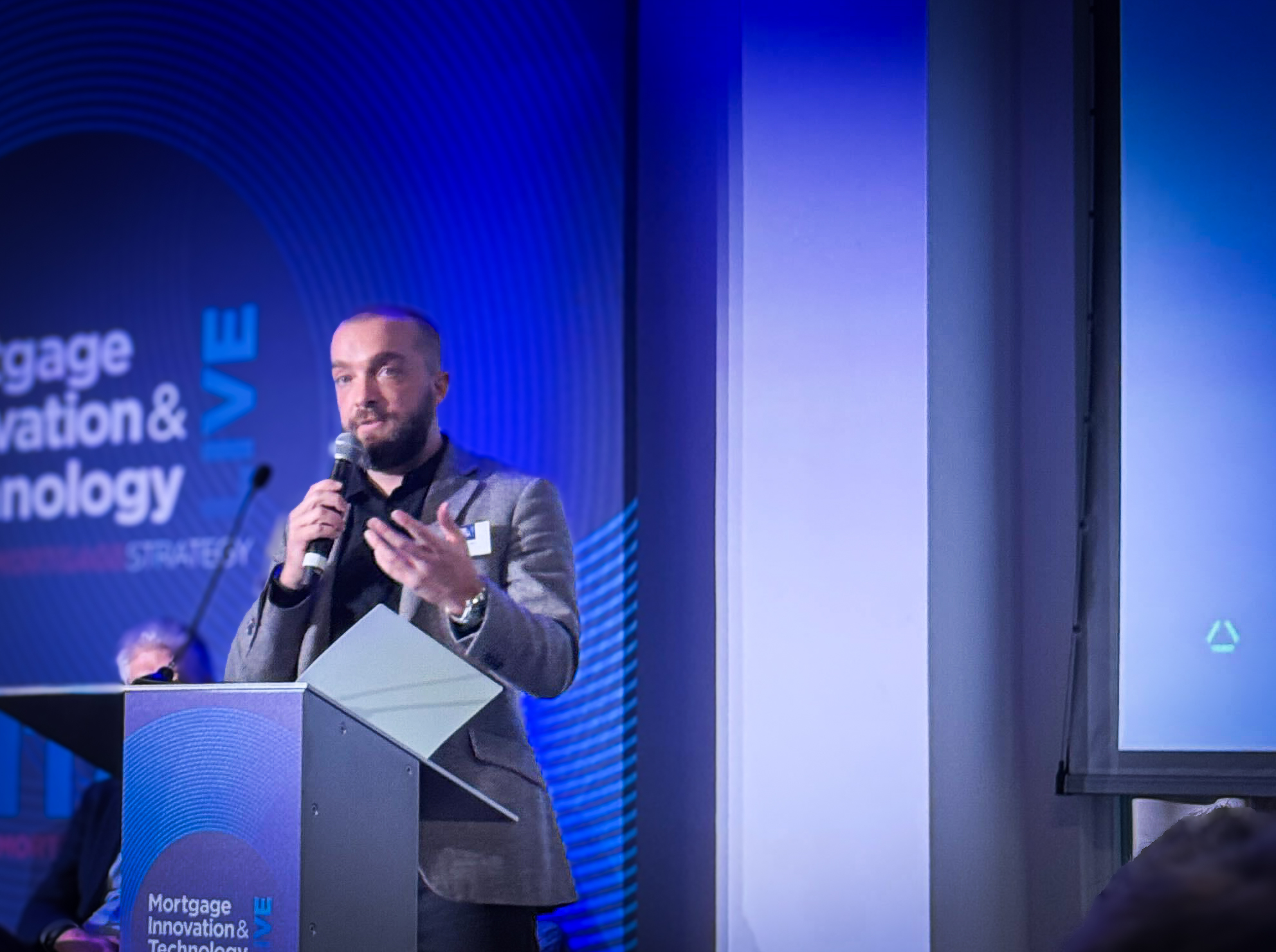By David Ferguson, CEO of embedded investment platform Seccl
The problem with pensions? In general, they represent a product requiring hugely deferred gratification: saving for some distant future is not as exciting as going on holiday or buying a new car. However, it’s not exactly a niche product, either: everyone with the good fortune to survive into retirement age will need some form of pension provision. And yet, this unavoidable fact doesn’t render pension planning any more exciting or appealing to the average consumer.
The nature of retirement has also changed, becoming less of a binary phenomenon. When I started my career, a lot of people had worked in the same company for 40 years and promptly downed tools on their 65th birthday if they were a man or their 60th birthday if they were a woman and went off into their sunset years as ‘retirees’. That sharp transitional moment has already become less defined and will only become more so in future.
Nowadays, people are more likely to gradually ‘step into’ retirement, as it were, perhaps spending a few years working part-time or doing consultancy work, depending on the career they’ve had. And it is incumbent in our part of the sector, to make the whole thing as efficient and smooth for them as possible, feel as modern as possible, and offer them the information they need to make decisions about their money and financial future, either independently or with the help of a financial advisor.
On a wider level, the trend towards greater financial literacy will only grow stronger, not least through platforms such as GoHenry, which is one of Seccl’s clients and a great tool for inculcating good saving habits in children.
A lot of what we do at Seccl is about simplification, about taking complexity out of the process of investing for the future. Many people have an inherited pension position as a legacy of the products that were available in the Eighties and Nineties. These products are perhaps more complex than they need to be, as this was in the industry’s interest at the time. But this is now changing rapidly: I have two children, aged 11 and eight, and neither of them is ever likely to experience the same complexity in their financial products. And by removing the complexity, you don’t need to preserve all the infrastructure and associated costs. The consumer is definitely the winner.
The fact is that there is vast scope to do things better in this industry. There are so many businesses in the financial services sector that just aren’t delivering that great a service to their clients – this is reflected in the fact that the FCA felt the need to introduce its new Consumer Duty. So there is a great untapped opportunity here for companies that can do it better, that can provide a streamlined, effective and intuitive user experience.
Much of this involves using technology to increase the quality of, and capacity for, advice, which is eminently doable. There will always be a select few individuals with complex lives, with huge and complex fortunes, who need highly specialised advice from highly skilled advisors. But this simply doesn’t hold true for the vast majority of the population, whose finances aren’t that complicated and therefore don’t require or want complexity.
This is where our parent company, Octopus and its Octopus Money division sit, offering a straightforward approach to the mass market. It’s a hugely exciting space to be in. Octopus is my corporate crush; it’s such an inspiring organisation to work for, purpose-driven and an extraordinary agent for change – I’m hugely proud to be a part of it and hope Seccl can emulate its success and walk in its footsteps.



